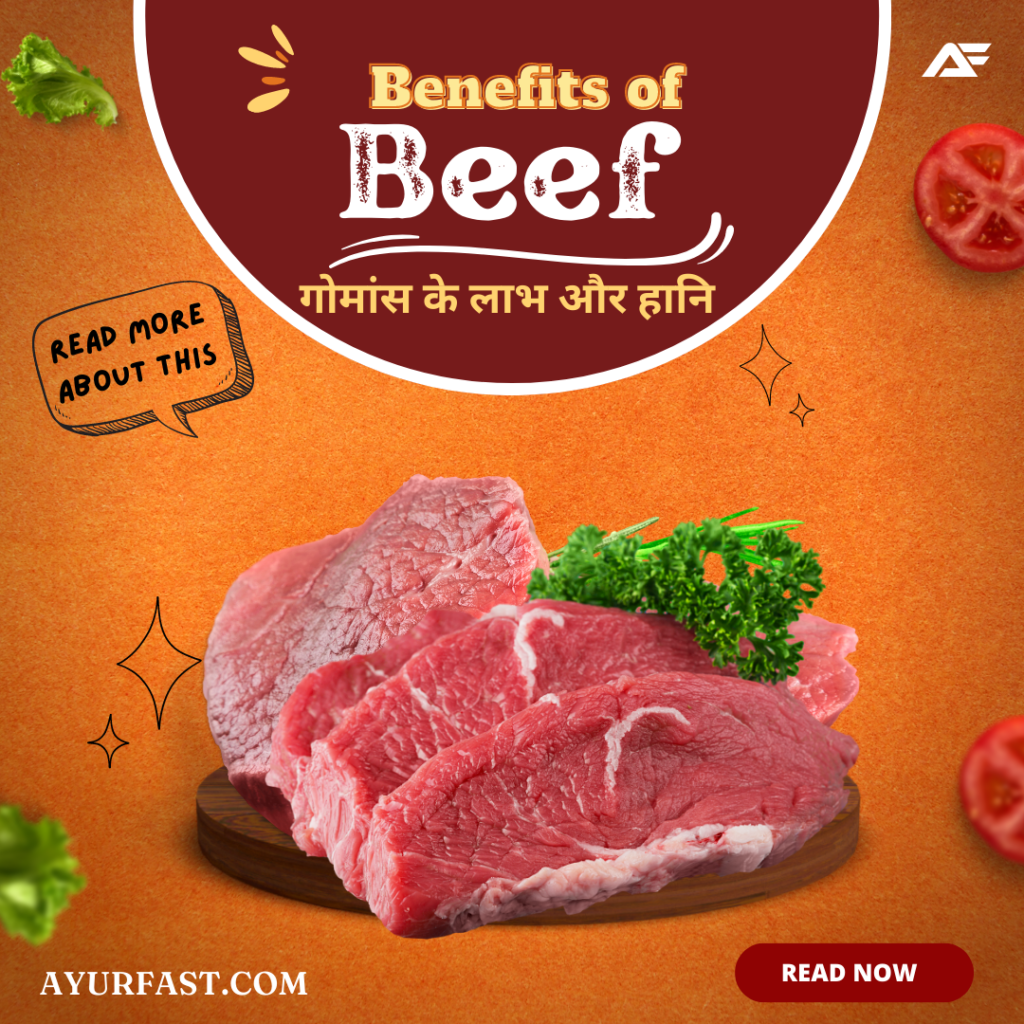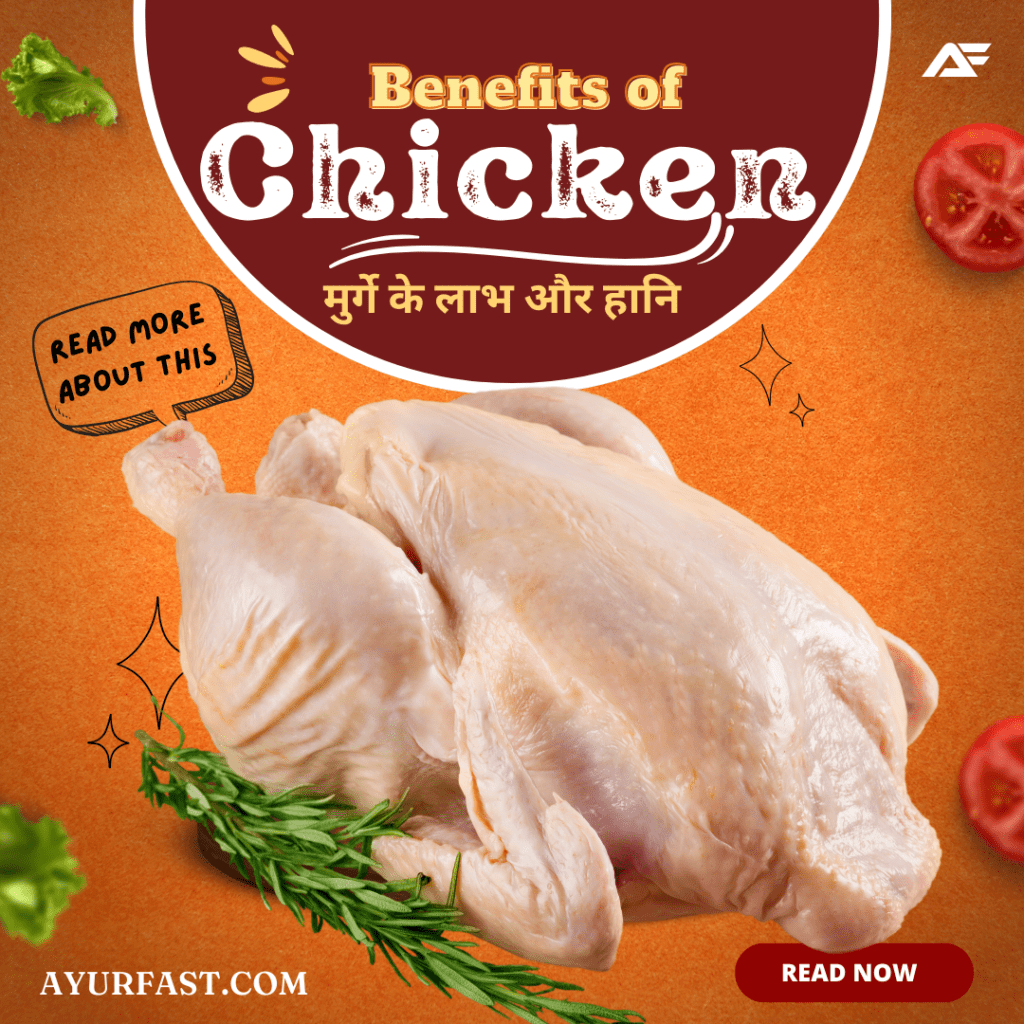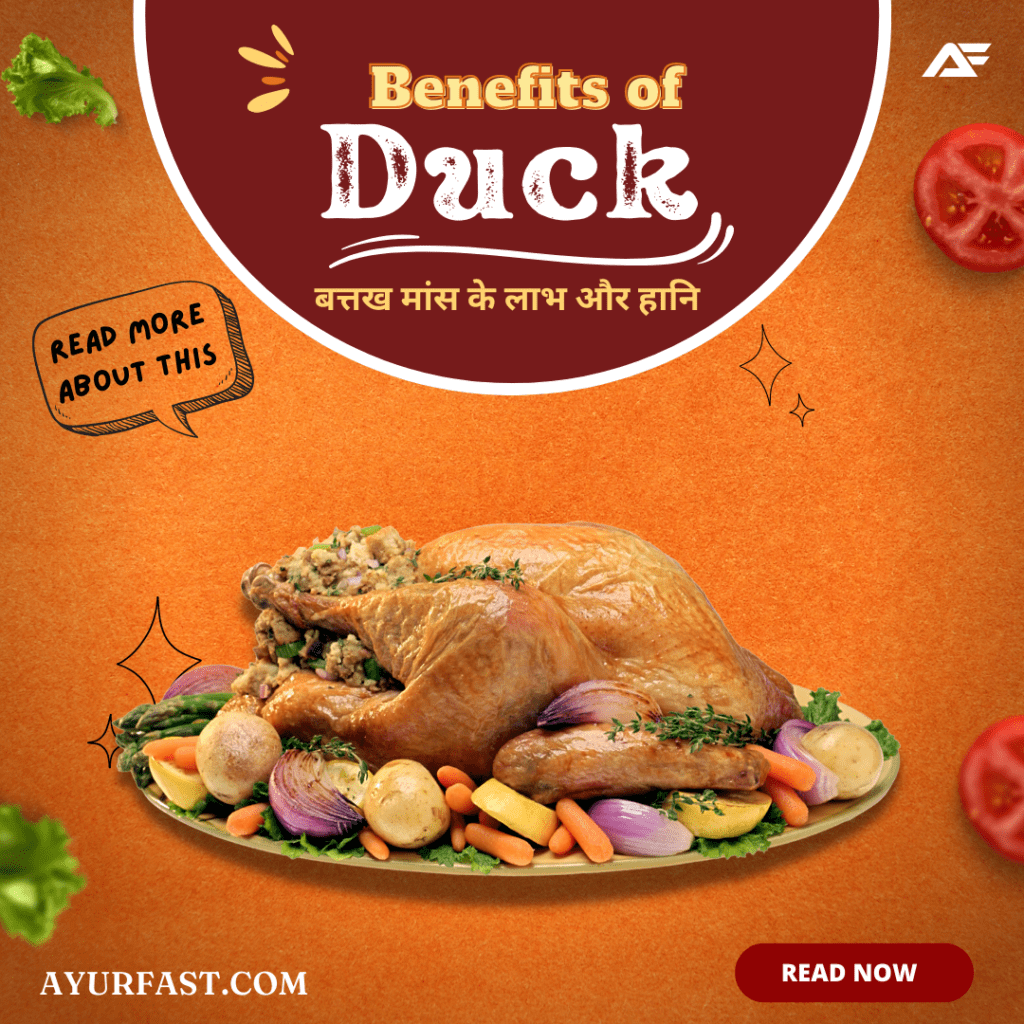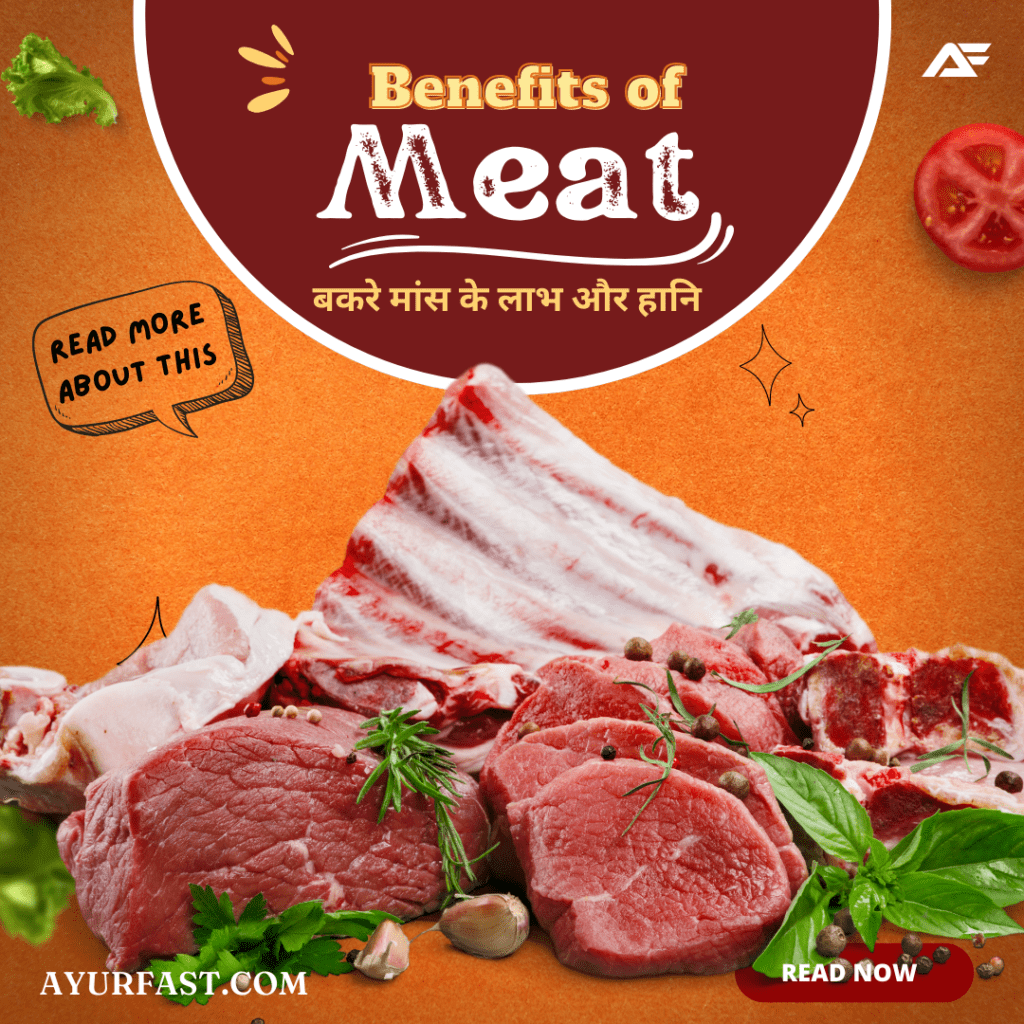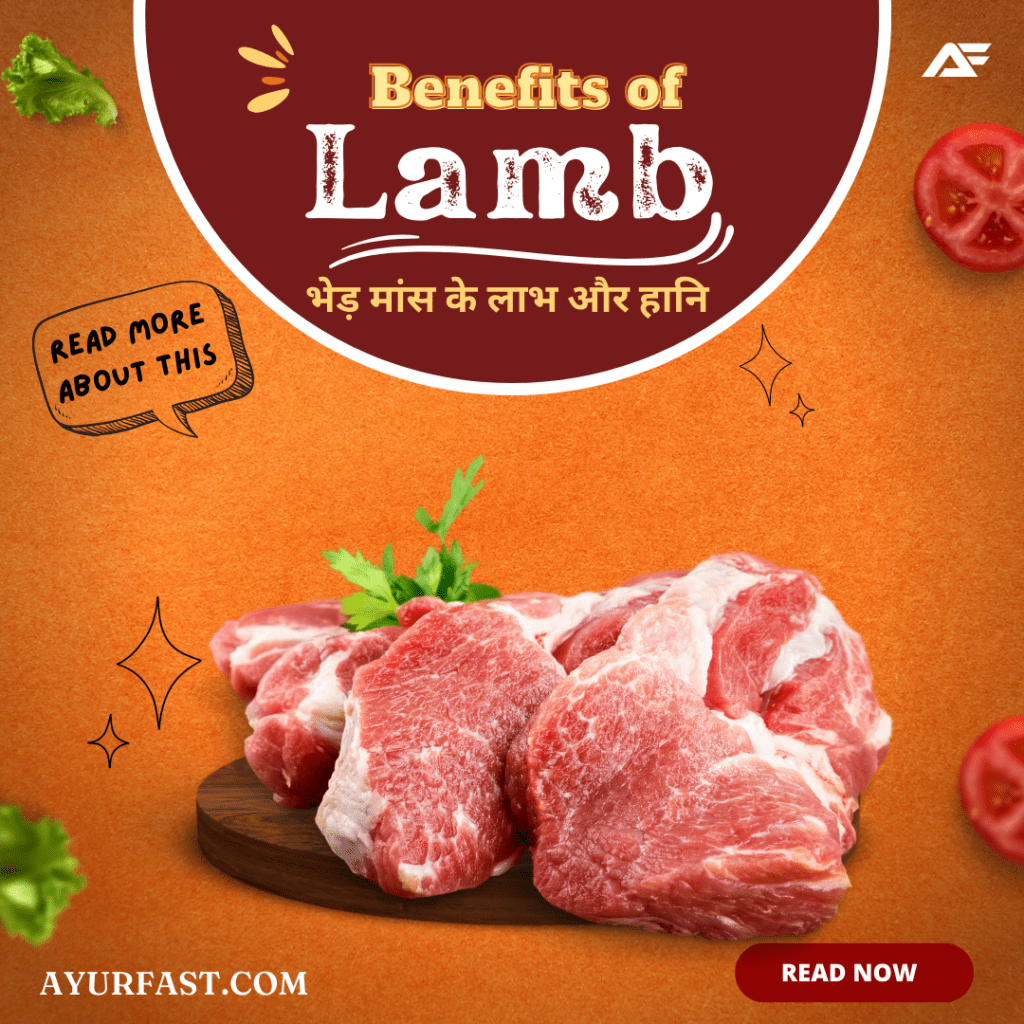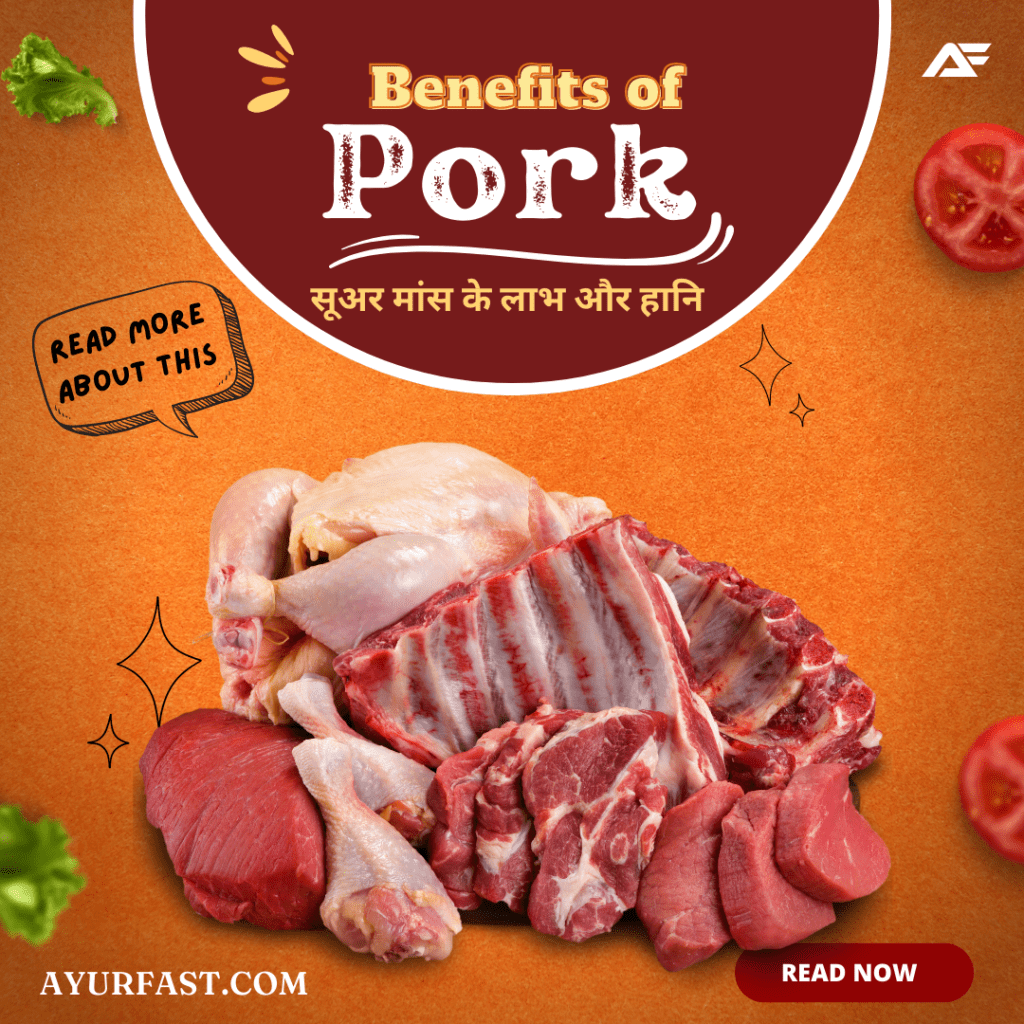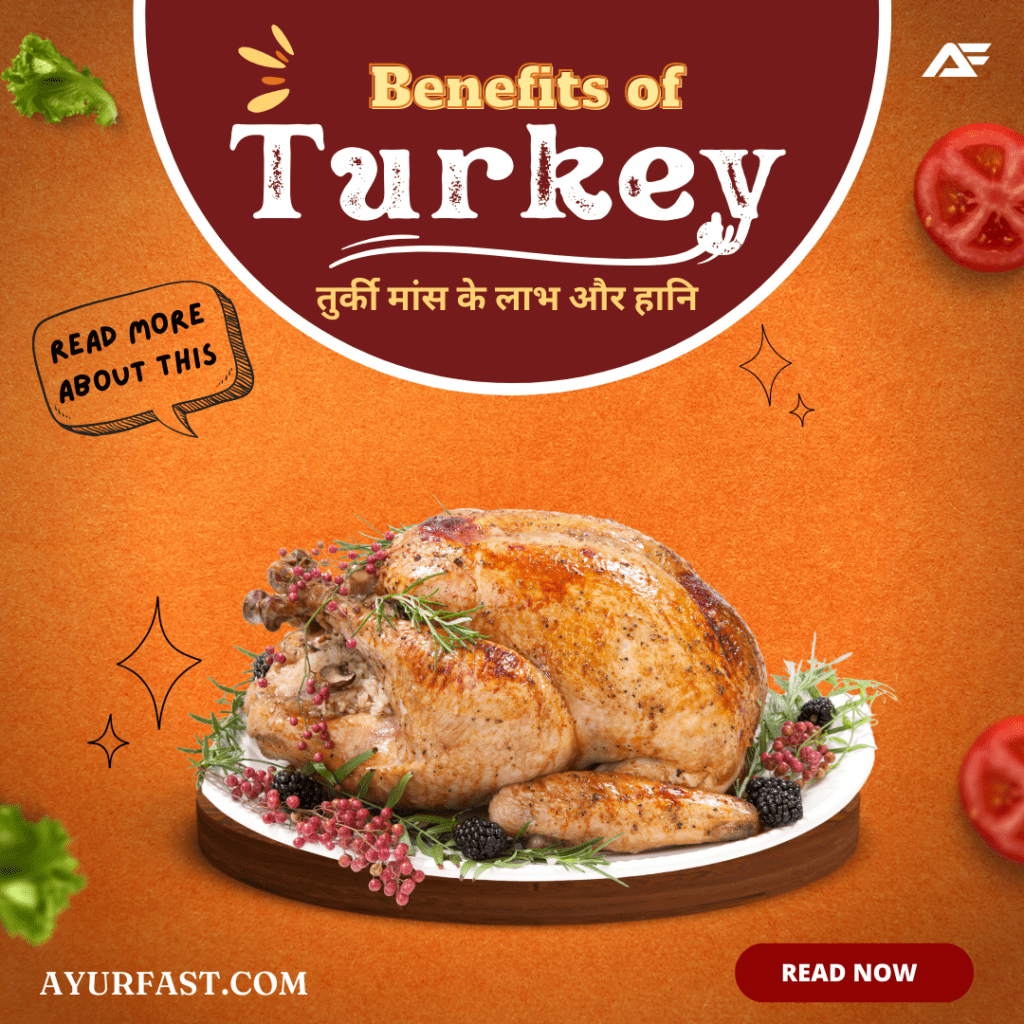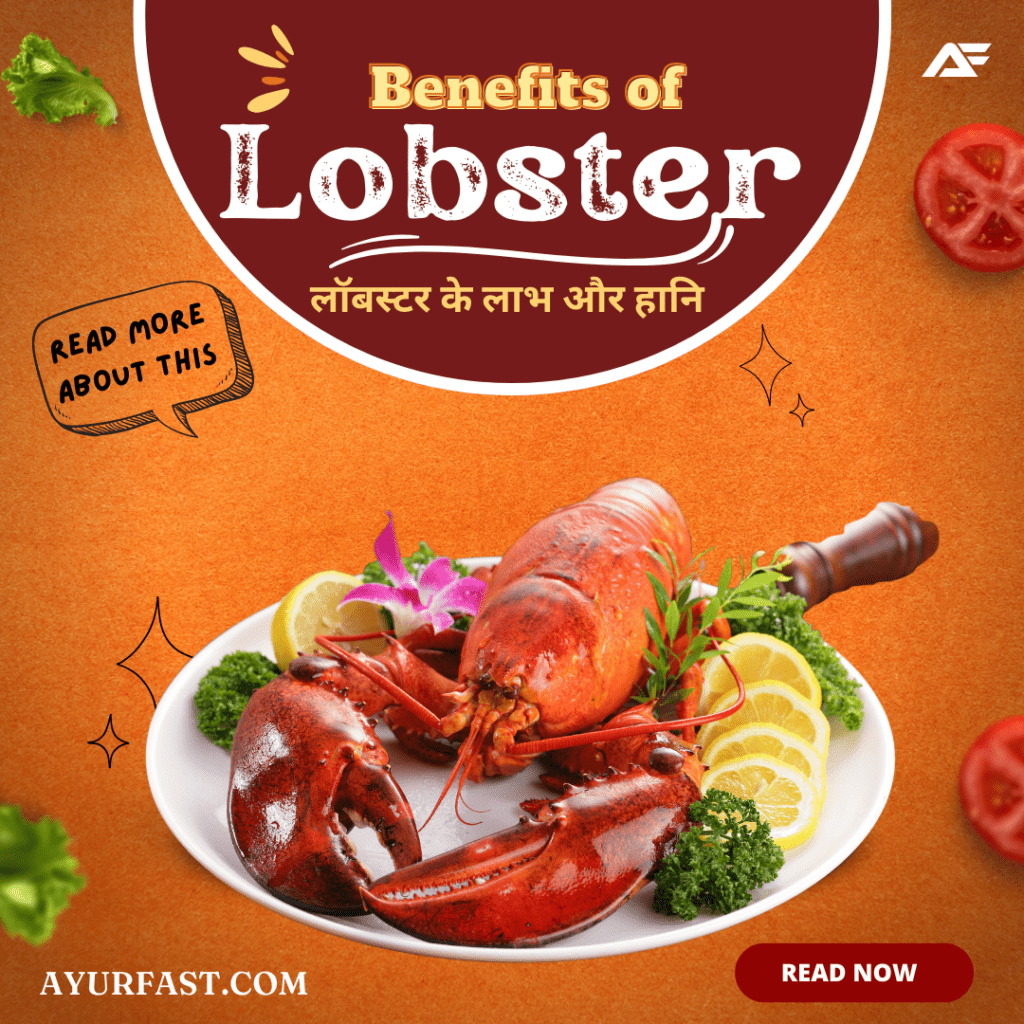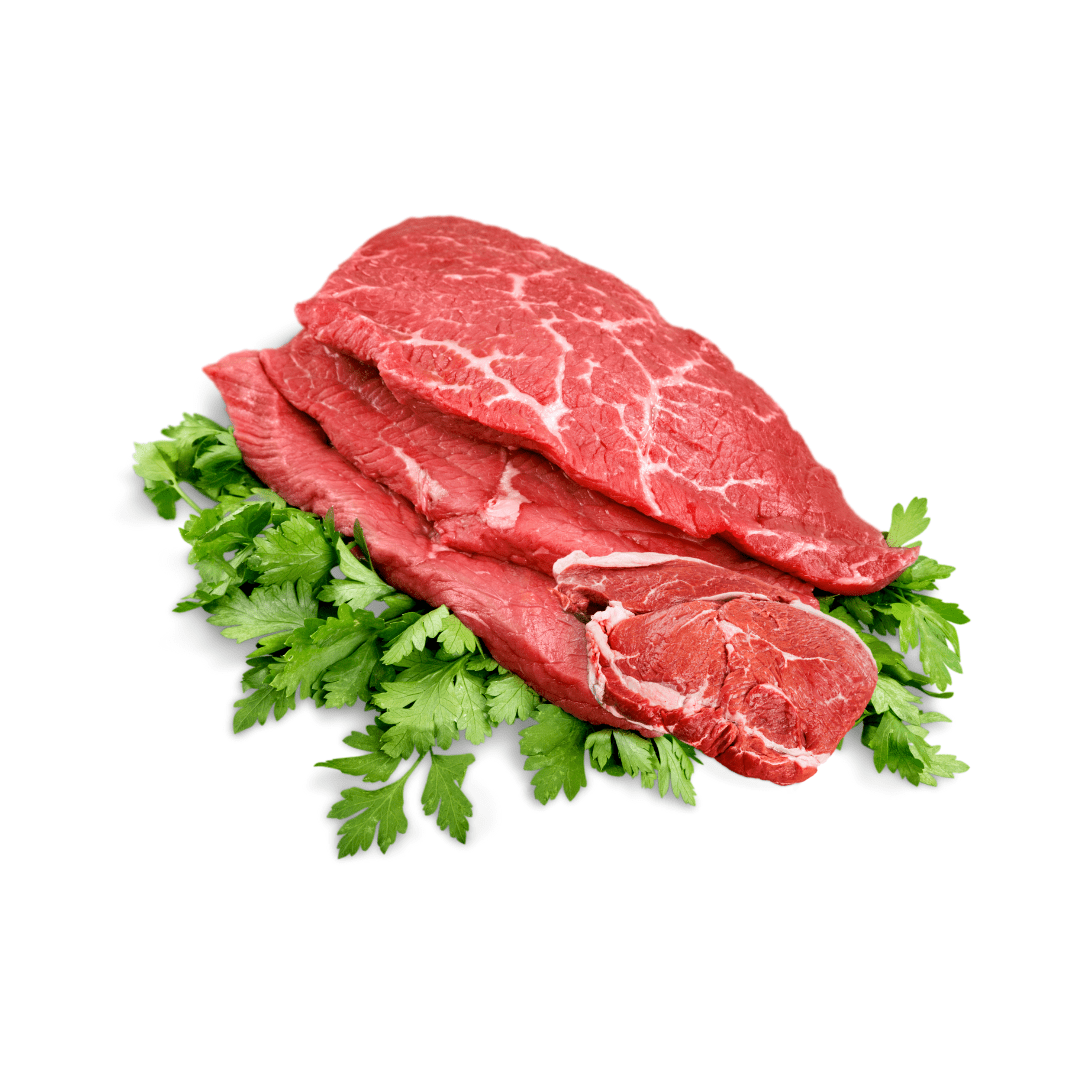 Venison, also known as deer meat, is meat obtained from deer species such as whitetail deer, mule deer, or elk. It is a popular game of meat and is considered a healthy protein source.
Venison, also known as deer meat, is meat obtained from deer species such as whitetail deer, mule deer, or elk. It is a popular game of meat and is considered a healthy protein source.
About
Venison, also known as deer meat, is meat obtained from deer species such as whitetail deer, mule deer, or elk. It is a popular game of meat and is considered a healthy protein source.
Health Benefits of Venison:
-
High in Protein: Venison is a rich source of protein, which is essential for building and repairing muscles and tissues.
-
Low in Fat: Venison is low in fat and cholesterol compared to other meats like beef or pork, making it a healthy alternative.
-
Rich in Vitamins: Venison is a good source of vitamins such as B vitamins, including B12, which is essential for nerve and blood cell health, and niacin, which helps regulate digestion.
-
Rich in Minerals: Venison is also rich in minerals such as iron, zinc, and selenium, which are essential for maintaining healthy bodily functions.
-
Good for Heart Health: The low-fat content in venison makes it a great choice for maintaining heart health.
-
Promotes Muscle Growth: The high protein content in venison promotes muscle growth and aids in recovery after exercise.
-
Boosts Immune System: Venison is rich in antioxidants and has anti-inflammatory properties that help boost the immune system.
Losses of Venison:
-
Overconsumption: Consuming large amounts of venison can lead to high levels of purine, which can cause gout and kidney stones.
-
Parasitic Infections: Venison can carry parasites, which can cause foodborne illnesses if not cooked properly.
-
High in Sodium: Some venison preparations may be high in sodium, which can increase blood pressure and put a strain on the heart.
Preparation Methods for Venison:
-
Grilling: Venison can be grilled over an open flame, and its lean texture is perfect for marinating.
-
Roasting: Venison can be roasted in the oven for a rich, tender flavor.
-
Slow Cooking: Venison can be slow-cooked in stews, chili, and casseroles.
-
Smoking: Venison can be smoked to add a smoky flavor to the meat.
Treatments that use Venison:
-
Jerky: Venison is a popular meat used in making jerky.
-
Sausage: Venison is also used in making sausage.
-
Stews and Chili: Venison is a popular ingredient in hearty stews and chili.
Harms of Overdose:
Consuming large amounts of venison can lead to high levels of purine, which can cause gout and kidney stones. It can also lead to high levels of sodium, which can increase blood pressure and put a strain on the heart.
Maximum Consumption Chart per day:
- Child: 1 to 2 ounces (28 to 56 grams) per day
- Adult man: 6 to 8 ounces (170 to 227 grams) per day
- Adult woman: 4 to 6 ounces (113 to 170 grams) per day
Energy Content of Venison/Deer meat (per 50g serving)
| Nutrient | Amount |
|---|---|
| Calories | 86 |
Macronutrients Content of Venison/Deer meat(per 50g serving)
| Nutrient | Amount |
|---|---|
| Carbohydrates | 0g |
| Fats | 1.8g |
| Proteins | 16.5g |
| Fiber | 0g |
| Water Content | 30g |
Vitamin Content of Venison/Deer meat(per 50g serving)
| Nutrient | Amount |
|---|---|
| Vitamin A | 0.5 mcg |
| Vitamin B1 | 0.02 mg |
| Vitamin B2 | 0.08 mg |
| Vitamin B3 | 2.2 mg |
| Vitamin B6 | 0.2 mg |
| Vitamin B12 | 0.5 mcg |
| Vitamin C | 0 mg |
| Vitamin D | 0 IU |
| Vitamin E | 0.3 mg |
| Vitamin K | 0.1 mcg |
| Folate | 2.5 mcg |
| Biotin | 1.3 mcg |
Mineral Content:
| Nutrient | Amount |
|---|---|
| Calcium | 1.5 mg |
| Iron | 1.5 mg |
| Iodine | 1.5 mcg |
| Zinc | 2.6 mg |
| Magnesium | 17 mg |
| Phosphorus | 200 mg |
| Potassium | 243 mg |
| Sodium | 18 mg |
| Chloride | 38 mg |
| Copper | 0.1 mg |
| Chromium | 0 mcg |
| Fluoride | 0 mcg |
| Molybdenum | 3 mcg |
| Manganese | 0.1 mg |
| Selenium | 5.5 mcg |
What is venison?
Venison is the meat of a deer or related species, typically hunted in the wild.
Is venison healthy?
Yes, venison is a lean source of protein that is also rich in nutrients such as iron and vitamin B12.
How does venison taste?
Venison has a rich, gamey flavor that is often compared to beef but with a slightly sweeter taste.
How do you cook venison?
Venison can be cooked in many ways, including grilling, roasting, and braising. It is important to cook it properly to ensure it is safe to eat.
Can you eat raw venison?
No, it is not safe to eat raw or undercooked venison due to the risk of bacterial contamination.
Where can I buy venison?
Venison can be purchased at specialty meat markets, some grocery stores, and online retailers.
How long can you store venison in the freezer?
Venison can be stored in the freezer for up to six months.
What is the nutritional value of venison?
Venison is a low-fat, high-protein food that is also a good source of iron, vitamin B12, and other nutrients.
Is venison more sustainable than other meats?
Venison is often considered a more sustainable meat choice because it is often hunted from wild populations rather than raised on farms.
How do you know when venison is cooked?
Venison should be cooked to an internal temperature of at least 160°F (71°C) to ensure it is safe to eat.
How do you tenderize venison?
Venison can be tenderized by marinating it in an acidic or enzymatic marinade or by cooking it slowly in a liquid such as broth.
How many calories are in venison?
The number of calories in venison varies depending on the cut and cooking method, but it is generally a low-calorie food.
Can venison be cooked in a slow cooker?
Yes, venison can be cooked in a slow cooker for a tender and flavorful meal.
How do you prepare venison for grilling?
Venison can be grilled by seasoning it with salt and pepper and brushing it with oil before grilling over high heat.

